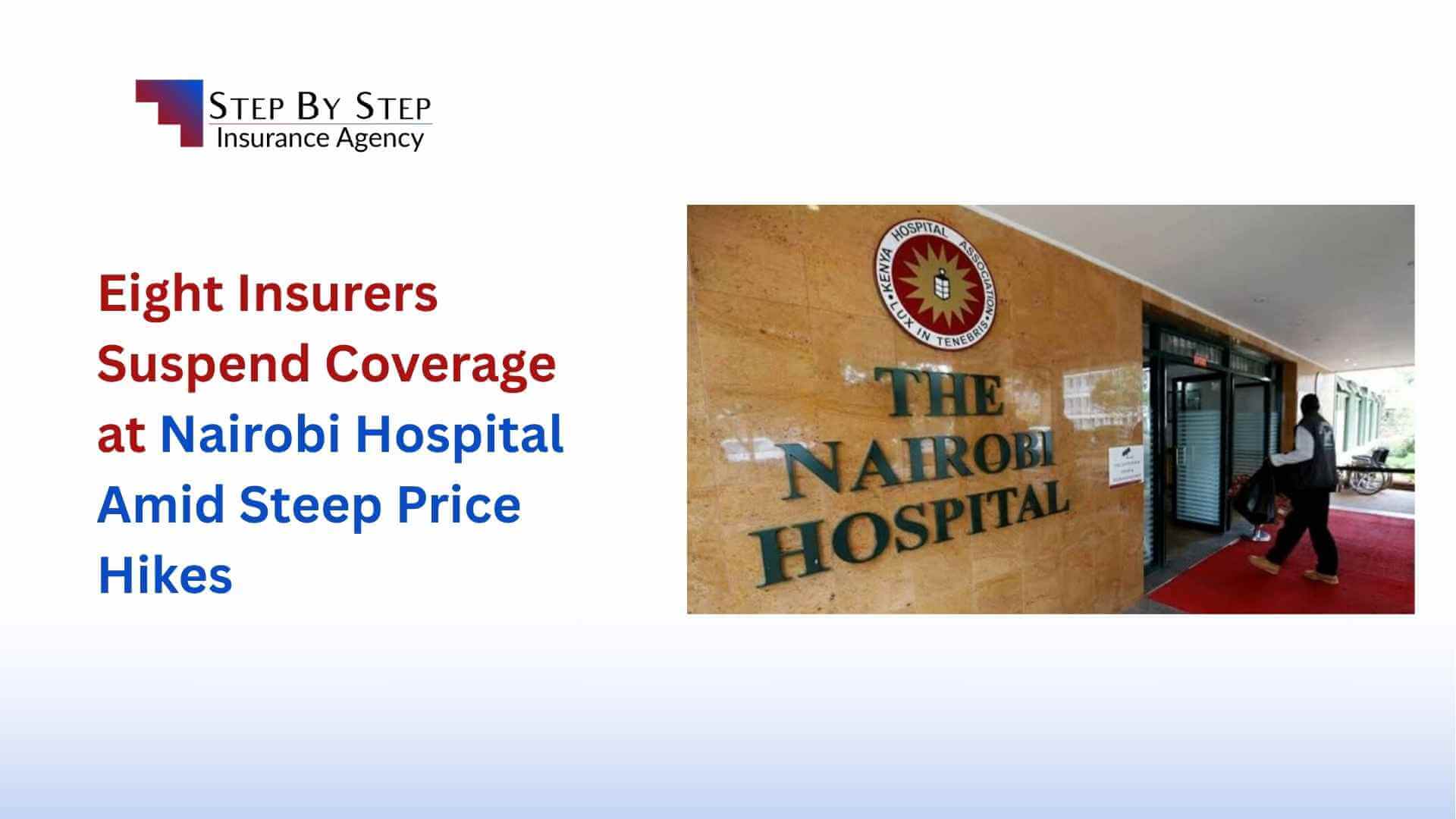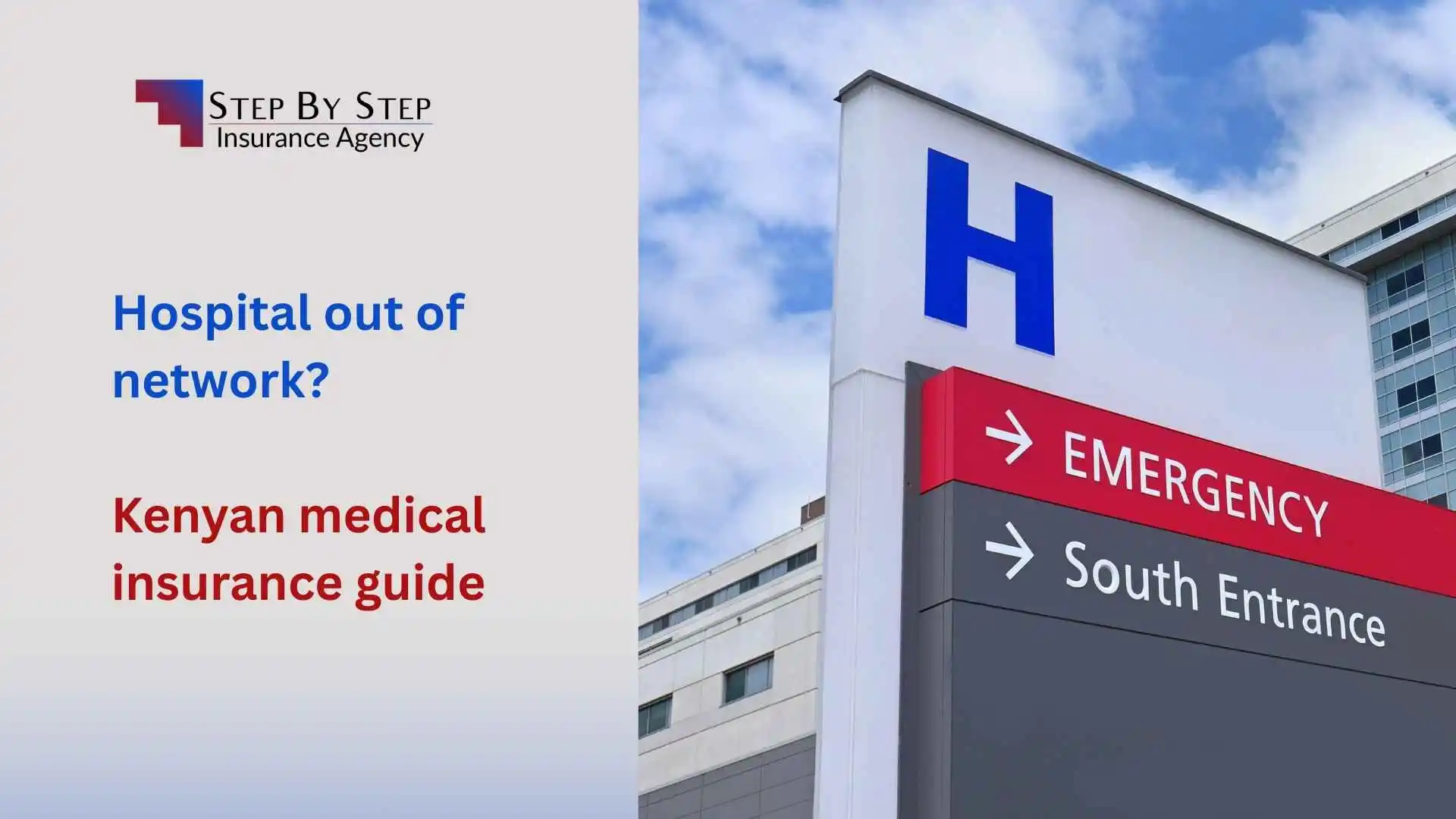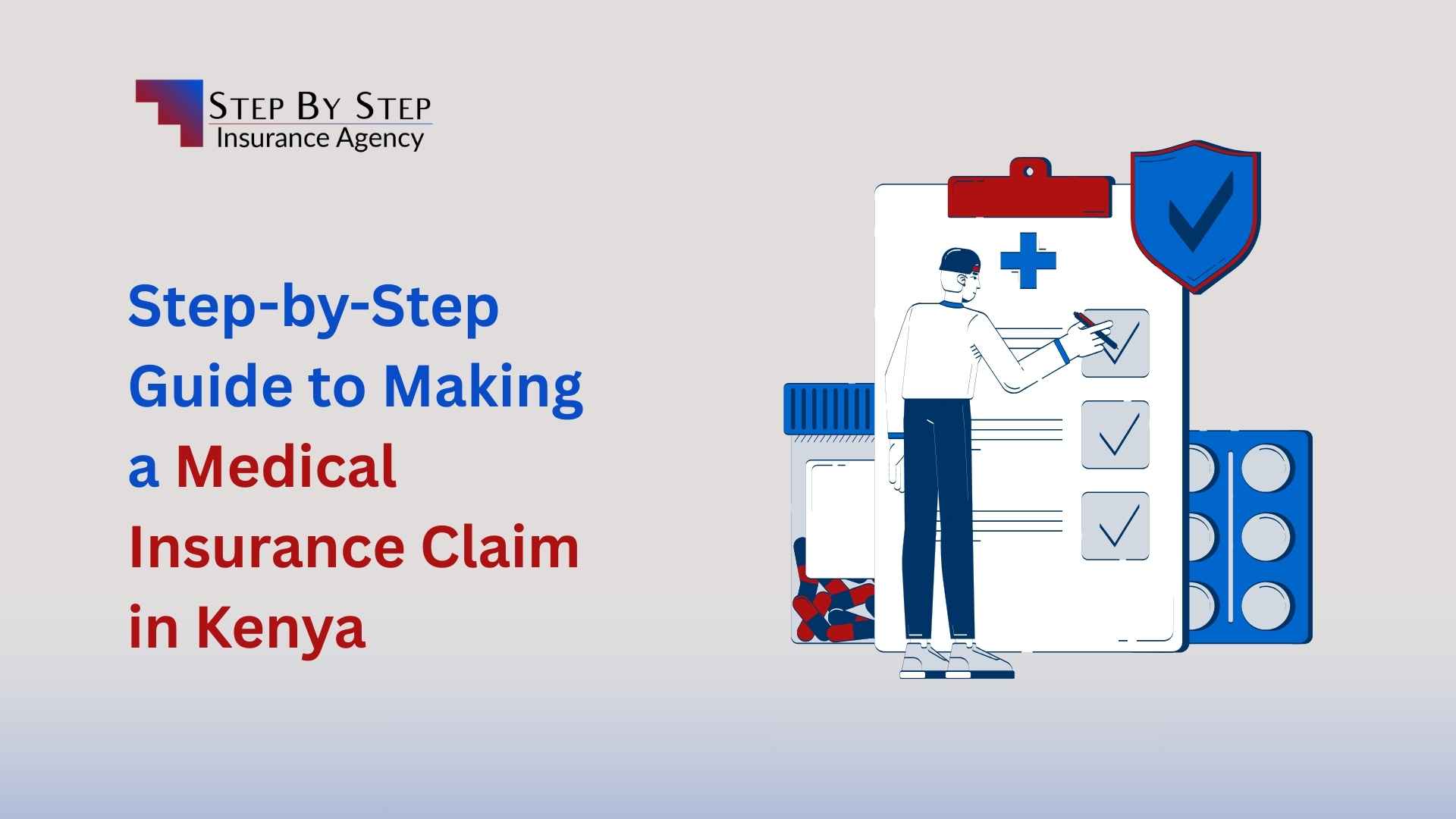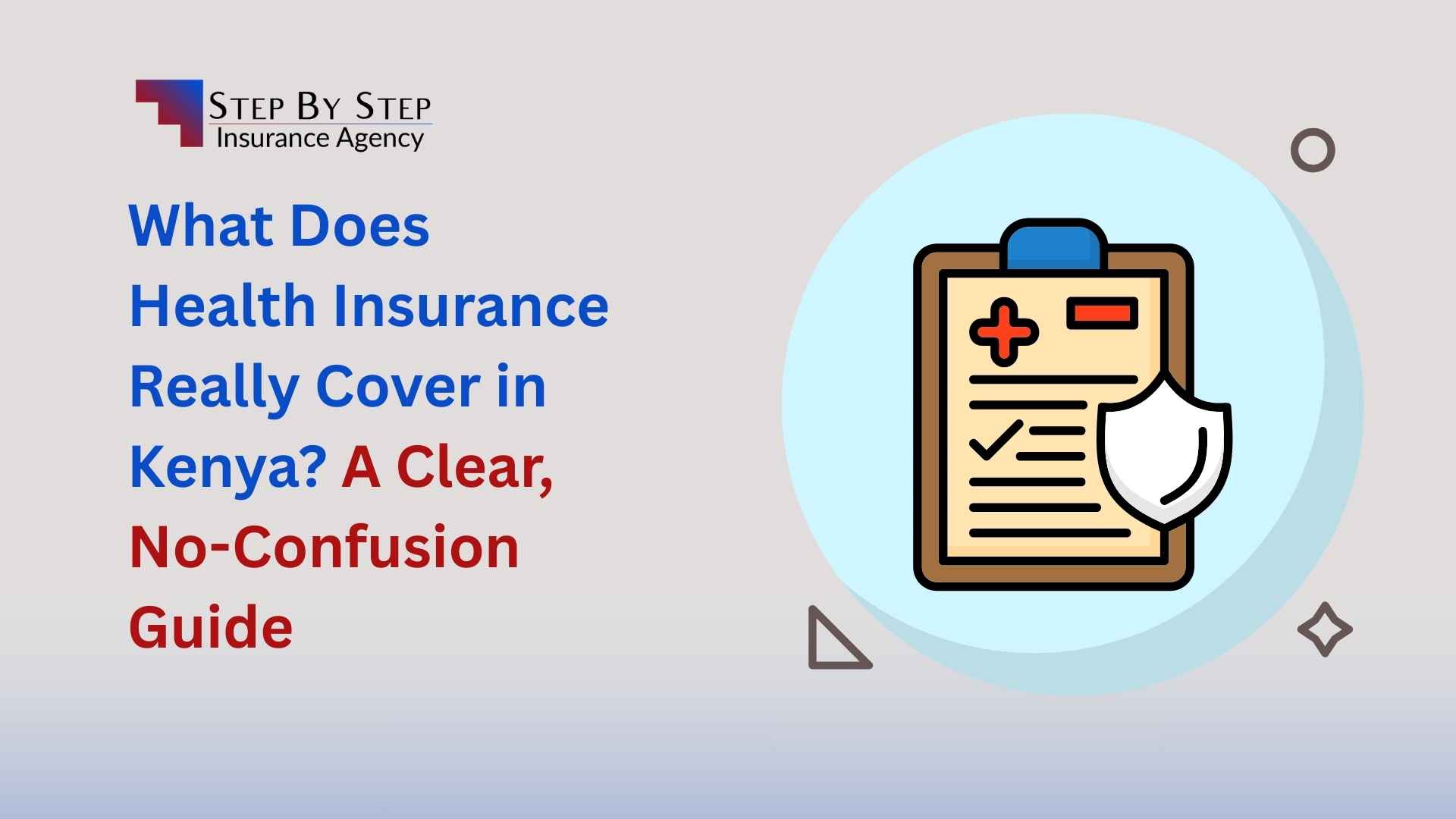Eight Insurers Suspend Coverage at Nairobi Hospital Amid Steep Price Hikes
In August 2025, Nairobi Hospital, one of Kenya’s premier healthcare institutions, faced a significant crisis as eight major insurance companies suspended their insurance services at the hospital. This dent in service access began on August 11 or 12, affecting many insured patients who rely on these insurers for medical care coverage at the facility.
🔑 Key Takeaways
- Eight major insurers suspended services at Nairobi Hospital following price hikes up to 61%
- Affected insurers include Madison, First Assurance, Minet, Old Mutual, Britam, AAR, CIC Group, and Pacis
- Price increases affected critical services: CT scans, MRIs, ultrasounds, bed charges, and ICU care
- Hospital defends increases as necessary for maintaining quality healthcare services
- Patients now face out-of-pocket payments or need to seek alternative healthcare facilities
📋 Table of Contents
🚀 Join Our Insurance Community!
Stay updated with the latest insurance trends, news, and expert insights. Connect with fellow insurance enthusiasts and professionals in our exclusive WhatsApp group.
📱 Join WhatsApp GroupInsurers Withdrawing Services
The insurers involved in this suspension include Madison Insurance, First Assurance, Minet, Old Mutual, Britam, AAR, CIC Group, and Pacis Insurance. This collective action was a direct response to a sharp increase in Nairobi Hospital’s treatment costs, with price hikes reaching up to 61% on several key services such as CT scans, MRIs, ultrasounds, bed charges, and ICU care.
AAR Insurance announced the suspension effective Monday, August 11, 2025, citing the steep price increase as unsustainable and unaffordable for their members despite earnest efforts to negotiate a volume-based pricing model with the hospital. Similarly, CIC Group communicated to its staff that it would suspend services effective Tuesday, August 12, 2025, emphasizing that the new rates were not only unsustainable but could not be remedied even with insurance premium adjustments.
Details of the Price Hike
Nairobi Hospital implemented these fee increases notably in July 2025, raising costs substantially on certain diagnostics and treatments:
| 🏥 Service | 💰 New Price (KSh) | 📈 Increase Amount (KSh) | 📊 Impact Level |
|---|---|---|---|
| Pap smear and HPV test | 16,500 each | +5,000 | High Impact |
| Abdomen CT scans | 30,000 | Significant increase | Critical Impact |
| Heart MRIs | 45,000 | Major increase | Critical Impact |
| Chest MRI | 27,000 | +4,000 | High Impact |
| ICU daily charges | 42,250 | +3,250 | Critical Impact |
These increases represented the largest adjustments among hospital services and were pivotal in triggering insurer pushback.
Hospital’s Response and Position
Nairobi Hospital’s CEO, Felix Osano, acknowledged the concerns raised by insurance companies but defended the tariff increases as necessary to sustain the quality and competitiveness of healthcare services offered. The hospital stated that independent pricing comparisons show their rates remain competitive relative to peer hospitals delivering similar care.
To address the dispute, Nairobi Hospital convened a consultative forum beginning August 11, inviting representatives of all affected insurance firms to engage in talks aimed at reaching a mutually agreeable solution that preserves patient access and care quality. The hospital reiterated its commitment to accessible, sustainable healthcare and expressed hope that continued dialogue would lead to an amicable resolution benefiting all stakeholders.
📞 Need Insurance Guidance?
Our experts are here to help you navigate through these challenging times and find the best insurance solutions for your healthcare needs.
| 🏢 Contact Step by Step Insurance | |
|---|---|
| 🌐Request Consultation | Visit Contact Page |
| 📞Phone Lines |
+254 (0) 729 712 200 +254 (0) 716 534 192 |
| 0722 888 350 | |
| 💰Get Quote | Request Free Quote |
Impact and Broader Implications
The suspension of insurance services at Nairobi Hospital poses substantial access challenges for insured patients who now face the prospect of paying out-of-pocket or seeking care elsewhere. This standoff spotlights broader tensions in Kenya’s healthcare sector over balancing cost containment and quality service delivery.
Moreover, this dispute unfolds amid ongoing sector-wide regulatory changes, including the introduction of risk-based capital requirements for insurers and tax policy debates affecting the insurance market’s financial landscape. While these systemic changes are distinct from the Nairobi Hospital-specific tariff issue, they collectively shape the operating environment for both insurers and healthcare providers.
Summary
Key Points Recap
- Eight leading insurers suspended services at Nairobi Hospital starting August 11-12, 2025.
- The dispute arose after the hospital raised service fees by up to 61%, affecting critical diagnostic and inpatient care charges.
- Despite negotiation attempts, insurers deemed the new prices unsustainable and unaffordable.
- Nairobi Hospital defended the price hikes as essential to maintaining high-quality care and invited insurers to consultative forums.
- The suspension impacts insured patients’ access to care, underscoring challenges in healthcare affordability and provider-insurer relations in Kenya.
This ongoing crisis highlights the complex interplay between healthcare financing, provider sustainability, and insurance market dynamics. The outcome of the negotiations will be crucial for restoring seamless access to Nairobi Hospital’s services for insured Kenyans.






